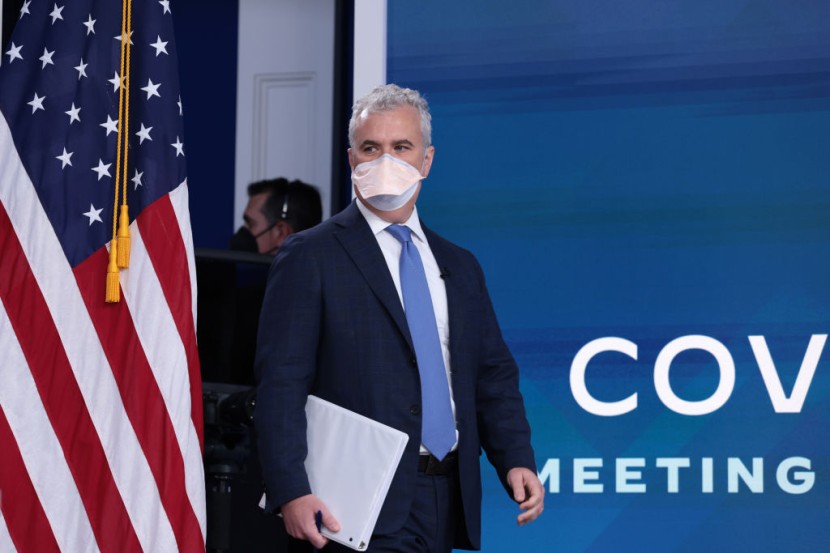
White House COVID-19 response coordinator Jeff Zients renewed the Biden administration's urgent call for Congress to pass coronavirus pandemic supplemental funding, citing "severe consequences" if they choose not to.
The official's remarks come amid the uncertain path of the legislation moving forward to distribute additional relief funding with the government's pandemic response program. United States President Joe Biden's administration requested $22.5 billion for its supplemental COVID-19 relief funding.
COVID-19 Spending Bill
The administration's funding was planned to be included in the massive government funding package known as the omnibus. Previously, negotiators proposed a lesser $15.6 billion fund for COVID relief. However, after pushback from both parties, House Speaker Nancy Pelosi announced the relief provisions were to be removed from the funding bill.
In response, House Democrats have introduced a stand-alone COVID relief bill, but it currently lacks the votes to pass both chambers. During an America's Health Insurance Plans national conference on health policy and government health programs, Zients said that before the omnibus, lawmakers spent weeks briefing Congress on the urgent and immediate needs of the country's people, as per CNN.
Previously, Republicans insisted that no new funding be allocated until officials exhausted previous funding rounds. This prompted rank-and-file Democrats to agree to a proposal to reuse unspent funds intended for state governments, which forced party leaders to pull the bill altogether.
During the Democrats' retreat in Philadelphia on Friday, Pelosi said Biden was asking for a good start using the legislation. She noted that the funding would not include everything at the get-go and would need more provisions along the way.
According to the Wall Street Journal, the Biden administration had said that it would soon need more money to lock in orders for treatments and vaccines to fight the coronavirus infection. Officials are warning the region to be prepared for further outbreaks as various areas are ending pandemic-related restrictions, and the number of COVID-19 cases continues to drop.
Consequences of the Decision
The situation comes as scientists working at the National Institutes of Health are scrambling to decide whether or not all of the agency's coronavirus research and development will be able to move forward after Congress dropped the funding from the new bill.
The removal of the financial support has immediate implications for government trials on COVID-19 therapies, tests, and vaccines that will run out of funds as early as this month. In an email on Thursday, Health and Human Services Department program analyst Thomas Libert said they wanted to know which March activities were fine to be delayed, de-scoped, paused, etc. They also wanted to know the consequences of choosing the option of delaying or pausing certain programs.
On Friday, NIH staff responsible for overseeing dozens of trials for coronavirus treatments, vaccines, and variant evolution will begin to discuss how they would limit or wind down certain trials at the agency. They estimate that they are short by roughly $1 billion to continue all of their research, said one person familiar with the discussions, Politico reported.
Related Article: US Extends Nationwide Mask Mandate on Planes, Mass Transit Until Mid-April; CDC Prepares New Rules
© 2025 HNGN, All rights reserved. Do not reproduce without permission.








